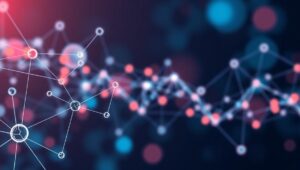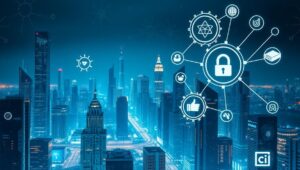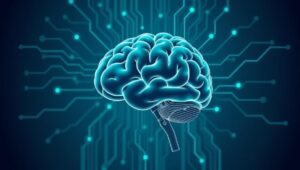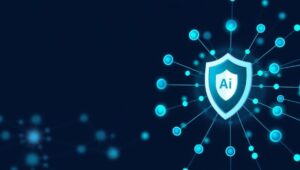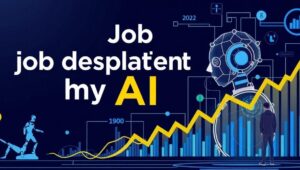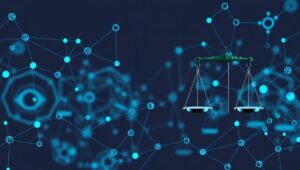May 21, 2025
The Evolution of Neural Networks: Beyond Deep Learning (2025+)
The Evolution of Neural Networks: Beyond Deep Learning (2025+) Neural networks have undergone a remarkable transformation since their inception, evolving from simple perceptrons to complex deep learning architectures that power many of today’s AI applications. However, the field is far from stagnant. As we look beyond 2025, several exciting advancements promise to reshape the landscape of neural networks. Current State: Deep Learning Dominance Deep learning, characterized by neural networks with multiple layers (hence “deep”), has achieved unprecedented success in areas like image recognition, natural language processing, and reinforcement learning. Convolutional Neural Networks (CNNs) excel at processing images, Recurrent Neural Networks
